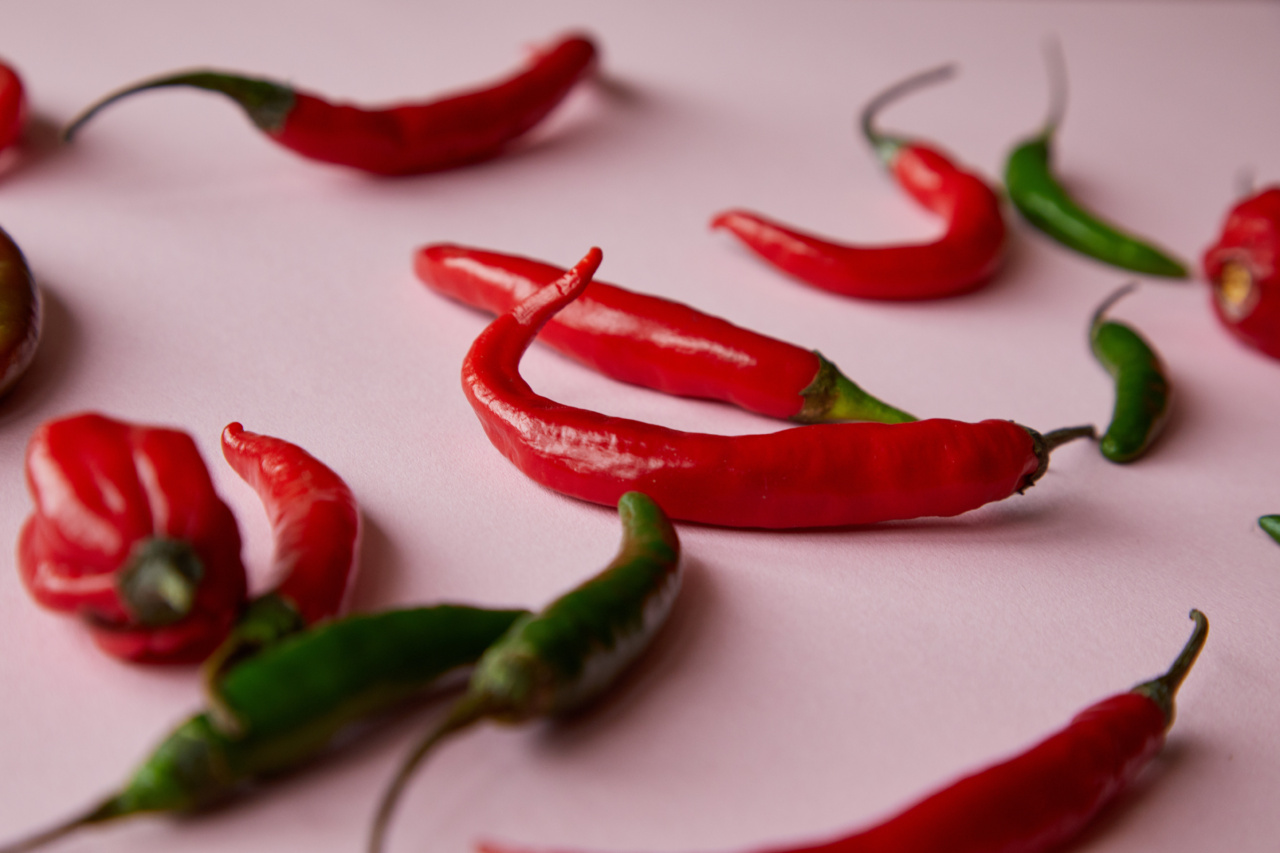Spicy foods have been enjoyed by many cultures for centuries. The fiery flavors can add excitement and depth to dishes, but they may also have an impact on your health, especially if you have hypertension.
In this comprehensive guide, we will explore the relationship between spicy foods and hypertension, including their effects on blood pressure and overall cardiovascular health. We will also provide tips on how to enjoy spicy foods while managing hypertension effectively.
Understanding Hypertension
Hypertension, commonly known as high blood pressure, is a chronic medical condition in which the force of blood against the artery walls is consistently too high.
It is a leading risk factor for various cardiovascular diseases, including heart attacks, strokes, and kidney problems. Hypertension can be influenced by several factors, including genetics, poor diet, lack of physical activity, and certain medical conditions.
The Role of Spicy Foods
Spicy foods, such as chili peppers, curry powders, and hot sauces, contain a component called capsaicin. Capsaicin is responsible for the fiery sensation and numerous health benefits associated with spicy foods.
It works by activating receptors in the body, leading to increased heart rate, enhanced blood circulation, and improved metabolism. While these effects may seem beneficial, they can also pose risks for individuals with hypertension.
Impact on Blood Pressure
Studies have shown conflicting results when it comes to the impact of spicy foods on blood pressure. Some research suggests that capsaicin can lower blood pressure by dilating blood vessels and promoting better blood flow.
On the other hand, consuming excessively spicy foods can trigger a stress response in the body, leading to a temporary increase in blood pressure. This response may be more pronounced in individuals who already have hypertension.
Managing Hypertension with Spicy Foods
If you have hypertension and enjoy spicy foods, you don’t necessarily have to eliminate them from your diet. Instead, it’s important to be mindful of your spice intake and make adjustments accordingly.
Here are some tips for managing hypertension while still enjoying spicy foods:.
1. Know your limit
Every individual reacts differently to spicy foods. It’s essential to know your tolerance level and how your body responds to different levels of spiciness. Pay attention to any symptoms or discomfort that may arise after consuming spicy foods.
2. Moderation is key
Like with any other type of food, moderation is crucial. Avoid consuming excessively spicy meals regularly, as it may lead to increased blood pressure levels. Instead, opt for milder spicy options and balance your diet with other healthier choices.
3. Monitor your blood pressure
Regular monitoring of your blood pressure is important to gauge how your body reacts to spicy foods.
If you notice a significant increase in your blood pressure after consuming spicy meals, consider reducing your spice intake or speaking with a healthcare professional.
4. Pair with heart-healthy ingredients
Include heart-healthy ingredients in your spicy dishes to balance the effects on your blood pressure. Opt for lean proteins, whole grains, fruits, and vegetables that promote cardiovascular health and provide essential nutrients.
5. Consider alternative spices
If capsaicin triggers an adverse response in your body, there are alternative spices you can incorporate into your meals.
Cumin, turmeric, paprika, and ginger are flavorful options that offer various health benefits without the potential risks for individuals with hypertension.
The Bottom Line
Spicy foods can still be enjoyed by individuals with hypertension, but it’s important to consume them in moderation and be mindful of their effects on blood pressure.
Understanding your body’s reaction to different levels of spiciness is key to managing your hypertension effectively. By making informed choices, monitoring your blood pressure, and consulting with healthcare professionals when needed, you can still relish the fiery flavors while prioritizing your cardiovascular health.





























